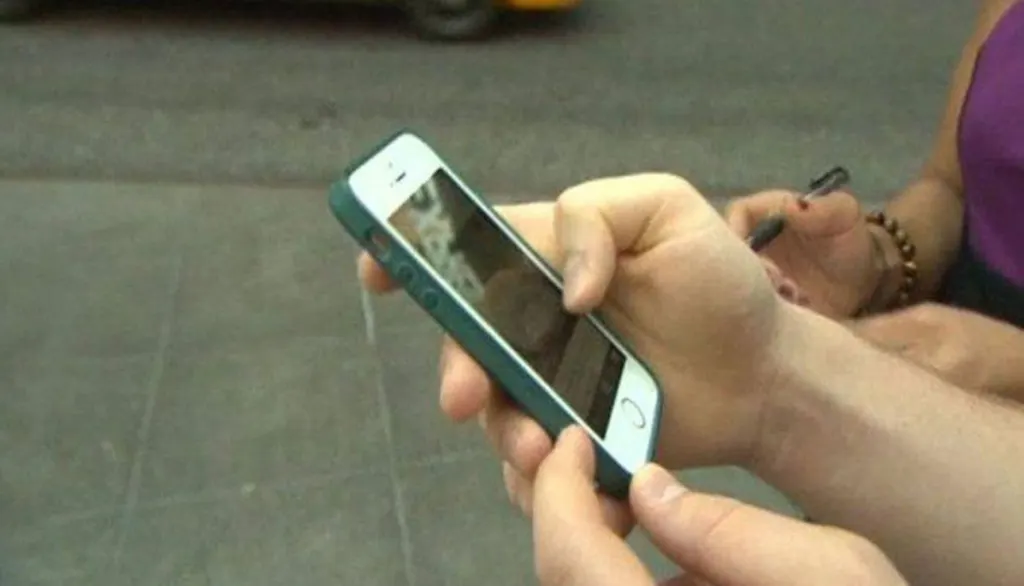The Unified Payments Interface, popularly known as UPI, has become a true friend of Indians as more and more people are using it to make transactions on regular basis. Due to convenience and faster processing time, UPI has become a popular mode of transaction for millions.
UPI enables real-time money transfers between bank accounts through a mobile platform. Its user-friendly interface and instant transactions have made it popular. However, concerns about its safety have recently surfaced, especially with the emergence of a supposed ‘Jump Deposit’ scam. What exactly is this new scam? Let’s understand this new scam in detail and find out whether it affects your UPI transactions.
Security Measures
UPI’s security framework is built on key principles that ensure the safety of transactions:
- User Authorisation: Every UPI transaction requires the user’s explicit authorisation through a unique Personal Identification Number (PIN). Without this PIN, no transaction can be completed, ensuring that only the account holder can approve payments.
- Device Binding: UPI links the user’s bank account to their registered mobile number and specific device. This binding ensures that transactions can only be initiated from the authorised device, adding an extra layer of security.
- Secure Transactions: Even simple actions like checking account balance require the entry of the UPI PIN. This precaution prevents unauthorised access and adds a level of verification for all activities.
Also Read: Can you use a credit card to pay your loan EMI? Pros and cons explained
Explained: Jump Deposit Scam
Recent reports have indicated that the Jump Deposit scam involves fraudsters depositing small amounts into users’ bank accounts, subsequently tricking them into approving larger transactions. The National Payments Corporation of India (NPCI) has addressed these concerns, clarifying that no such fraudulent activities have been detected on the UPI platform. They reaffirm that UPI transactions cannot occur without the user’s explicit consent through the UPI PIN.
Adhil Shetty, CEO of Bankbazaar.com, says, “The NPCI has emphasised that every transaction is user-initiated and cannot proceed without the correct UPI PIN. This requirement eliminates the possibility of unauthorised transactions, as long as users do not share their PINs. Users must be careful while making a transaction, recheck your transaction amount and send details before processing the payment. Avoid haste while processing a UPI payment.”
Tips for UPI Safety
While UPI is secure, users should adopt best practices to ensure their safety:
- Never Share Your UPI PIN: The UPI PIN is confidential. Sharing it with others compromises your account’s security and can lead to unauthorised transactions.
- Verify Payment Requests: Always double-check the details of any payment request. If the request appears unfamiliar or suspicious, it is safer to decline.
- Use Official Apps: Ensure you use UPI apps downloaded from trusted sources like the Google Play Store or Apple App Store. Avoid third-party apps that could compromise security.
- Stay Informed: Regularly update yourself on the latest scams and security tips. Awareness is a key component of staying safe in the digital age.
UPI continues to be a safe and reliable platform for digital transactions. The Jump Deposit scam, as clarified by the NPCI, has no basis in reality on the UPI platform. By following recommended safety practices, users can confidently utilise UPI for their financial needs.

